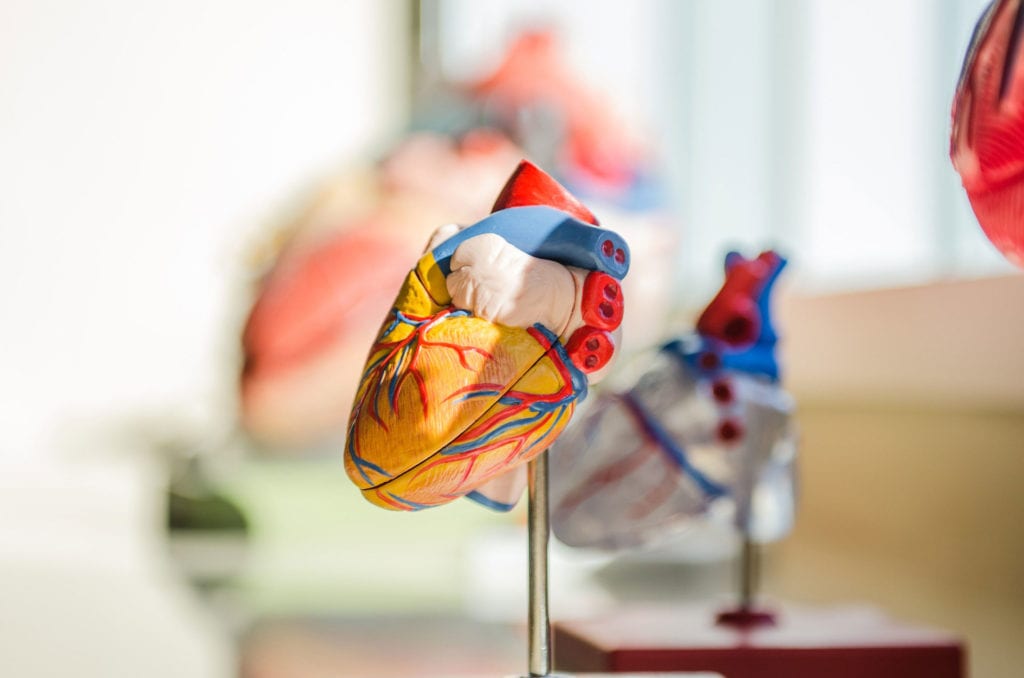Everyone processes their rare disease (or really ANY disease) diagnosis differently.
In fact, after earning a degree in molecular biology, he is now a second-year doctoral candidate in pharmacology at the University of North Carolina-Chapel Hill and hopes to one day work with pharmaceutical companies as a life science consultant.
Talk about lemonade out of lemons!
What is Phenylketonuria?
Phenylketonuria (PKU) is a rare genetic condition that causes a buildup of the amino acid phenylalanine. Amino acids are obtained through the dietary intake of protein, and phenylalanine is present in protein as well as some artificial sweeteners.
The symptoms of PKU are caused by a lack of breakdown and elimination of the amino acid phenylalanine. Newborns with PKU do not exhibit symptoms immediately after birth. Symptoms appear within the first few months of life. Early detection of PKU is important to avoid irreversible health problems. Symptoms of PKU include:
- Seizures
- Developmental delays
- Intellectual delays
- Hyperactivity
- Decreased bone strength
- Abnormally small head (microcephaly)
- Fair skin and eyes due to poor melanin production
- Skin rashes such as eczema
- Musty odor to breath, skin and/or urine
- Heart defects
To learn more about PKU, click here.
No Excuses
People with phenylketonuria must adhere to a strict diet of no meat or dairy products and only limited amounts of beans, potatoes and corn.
“My diet is primarily a vegetarian diet as far as the food I eat is concerned,” says Blaide, adding that he does drink phenylalanine-free protein shakes.
According to the Columbus Dispatch article, Blaide eats pretty much the same foods every day and typically drinks two protein shakes and eats a phenylalanine-free protein bar each day. He starts his day off with half a cup of oatmeal, a scoop of peanut butter and one of his protein shakes. For lunch, he eats a veggie burger, a cup of rice and vegetables such as broccoli, asparagus, butternut squash and sweet potatoes. He ends his day with a veggie burger, rice, pasta and vegetables for dinner.
“It’s hard, but if you are really strictly adhering to your diet, you can generally live fairly well,” says Dr. Kim McBride, chief of genetic and genomic medicine at Nationwide Children’s Hospital. “If phenylalanine levels go up, and this happens quite commonly in people who are adults who have this disease, the phenylalanine will cause a lot of fogginess, and they just aren’t able to think very well.”
The fogginess can cause people to struggle with anxiety, depression and social phobia, according to Dr. McBride.
Furthermore, the average adult with PKU has an average IQ score of 10 to 20 points lower than that of the average adult without PKU, according to Blaide’s research.
“If you continued to eat protein and have very high levels of phenylalanine in your blood, it’s very toxic to the brain, and you can develop intellectual disabilities,” he said.
But Blaide’s parents raised him to never use his disease as an excuse.
“It was just something I lived with, and I never really saw it as a barrier,” he says. “Even more so now, I look at it as a blessing, and that allowed me to engage what I was eating.”
This keen look into health is what fueled his academic interests. And in fact, Blaide recently was awarded a $5,000 RARE Scholars scholarship for students who have been diagnosed with one of three rare diseases: mucopolysaccharidoses (MPS) disease, phenylketonuria or Batten disease.
He’s turned what was a detriment into a catalyst for a better life.
“Wanting to understand what happens in my body developed into an interest in science.”







